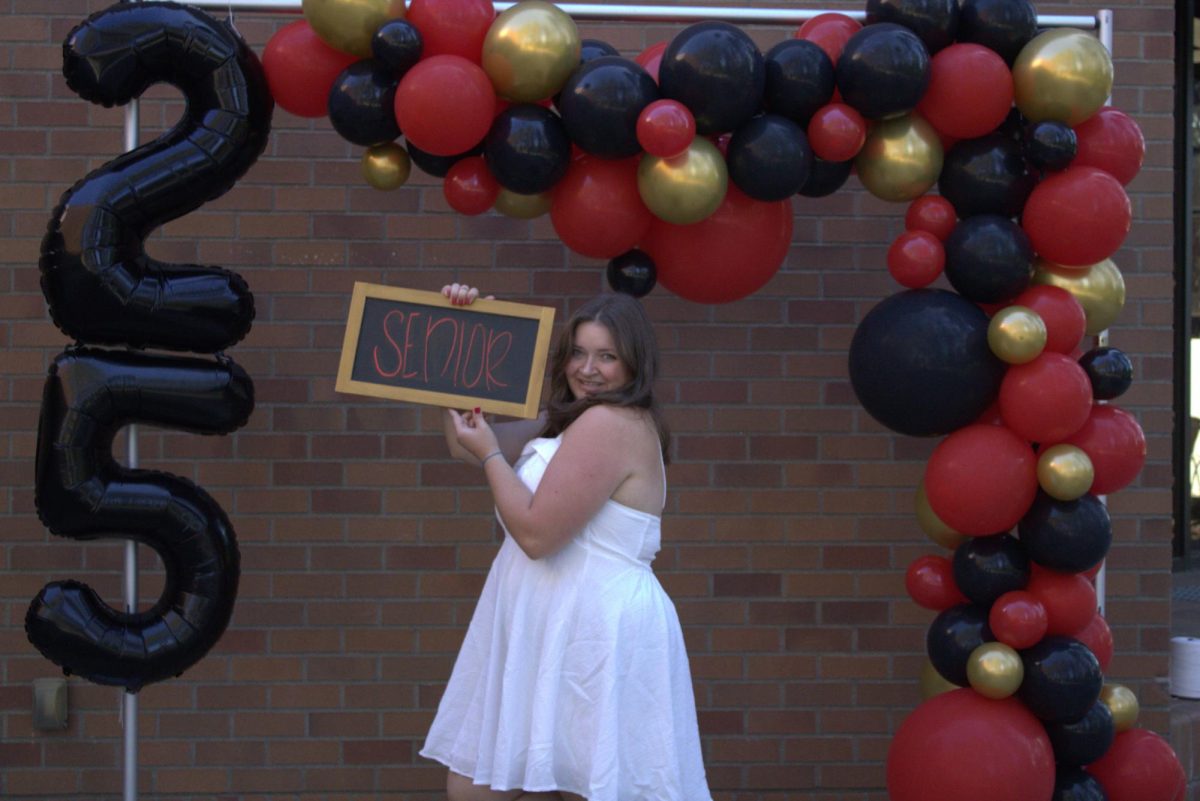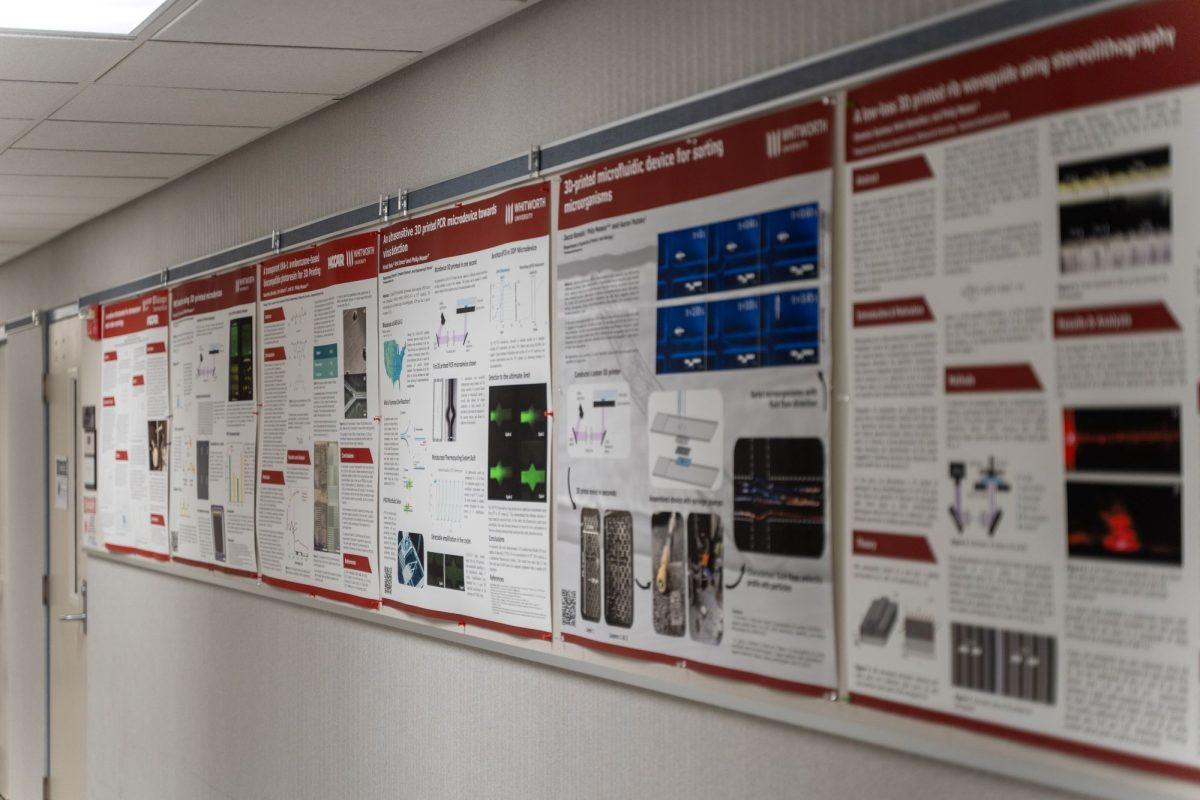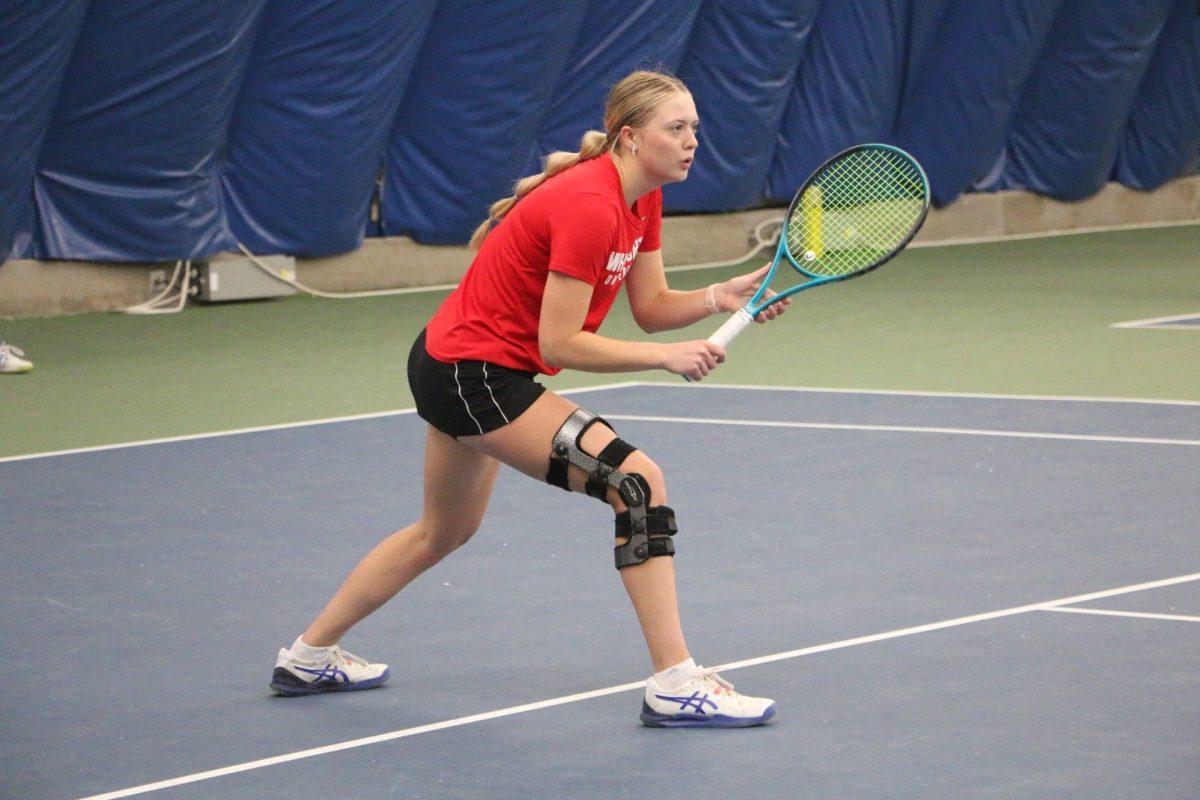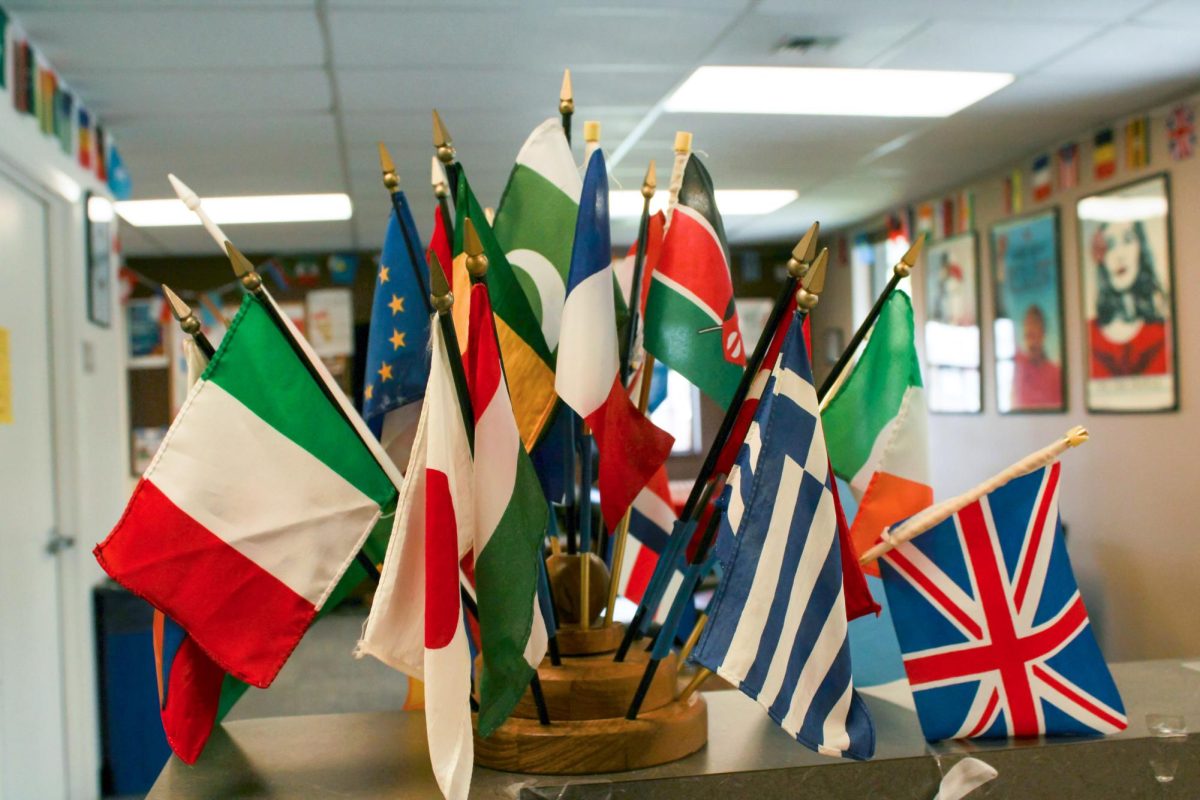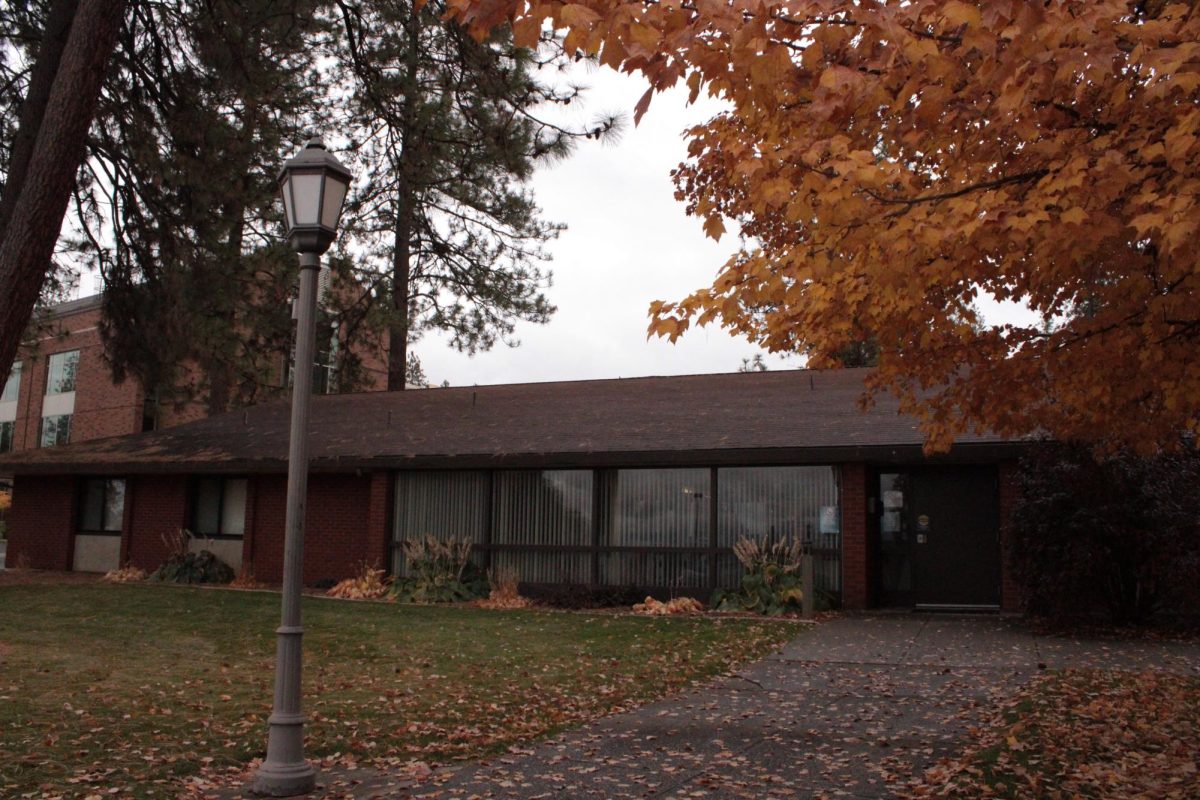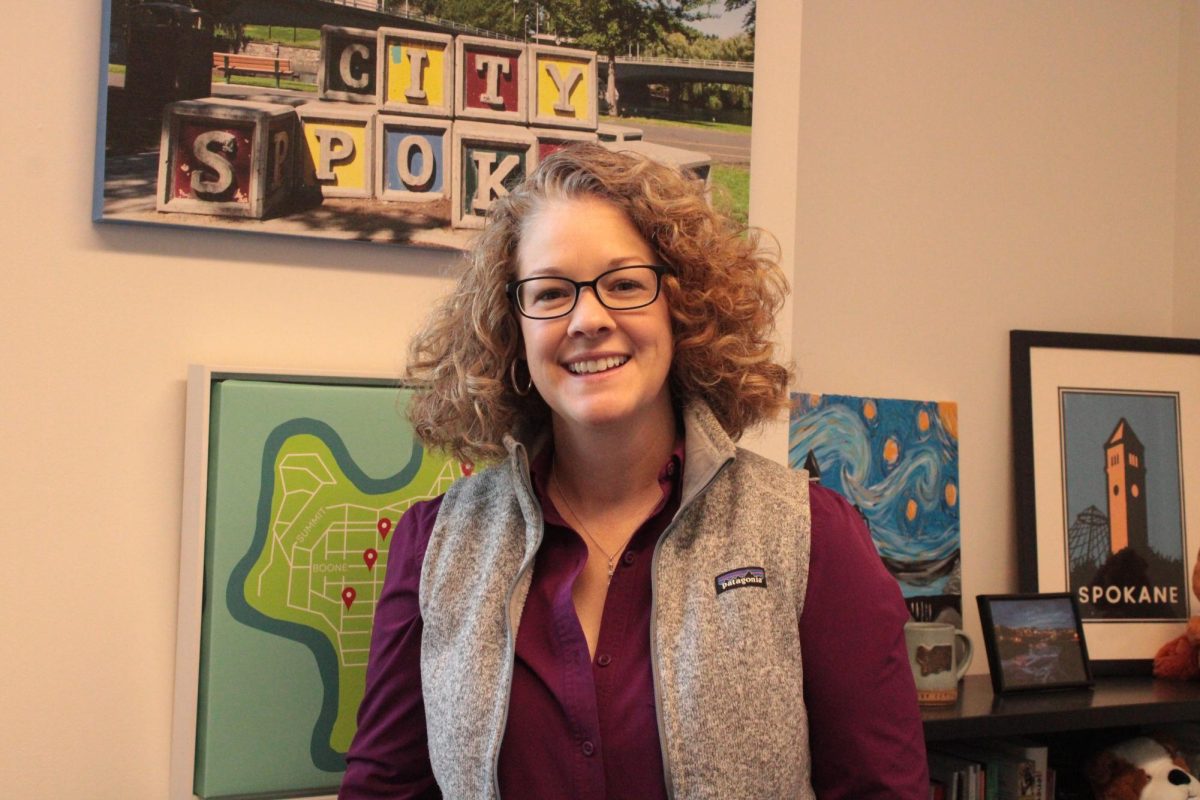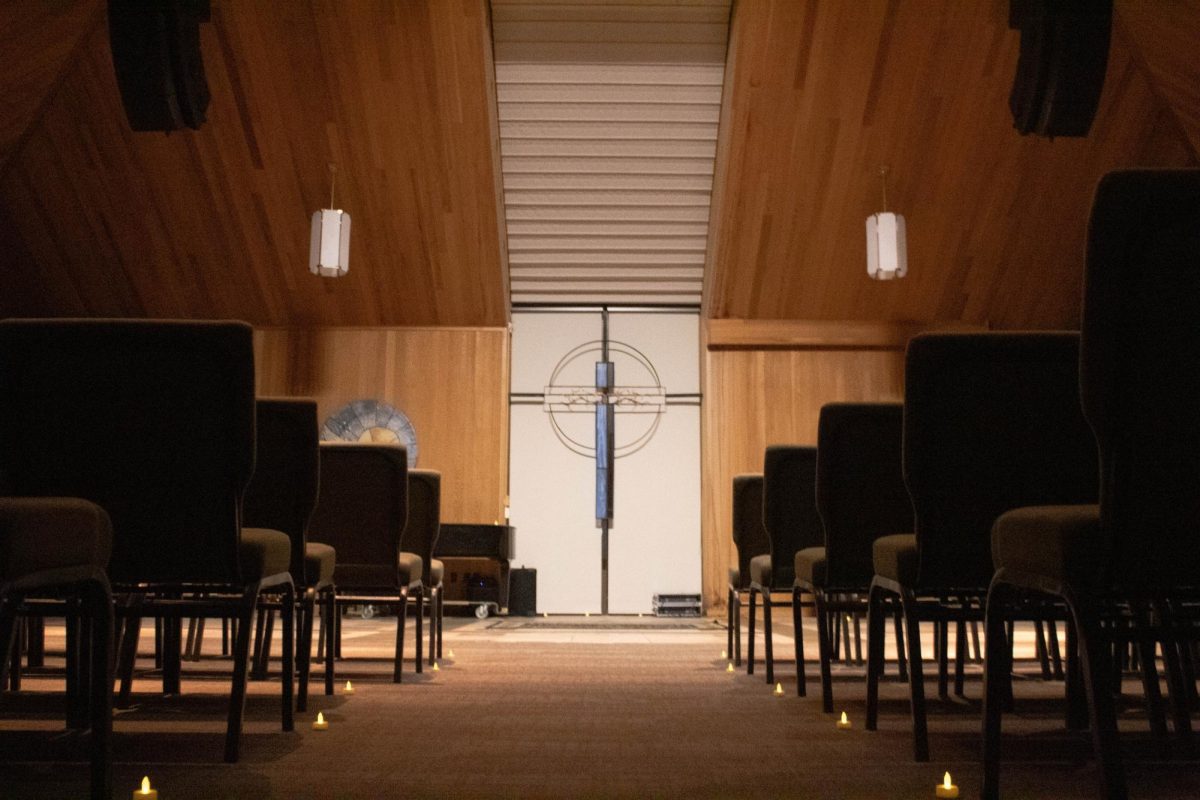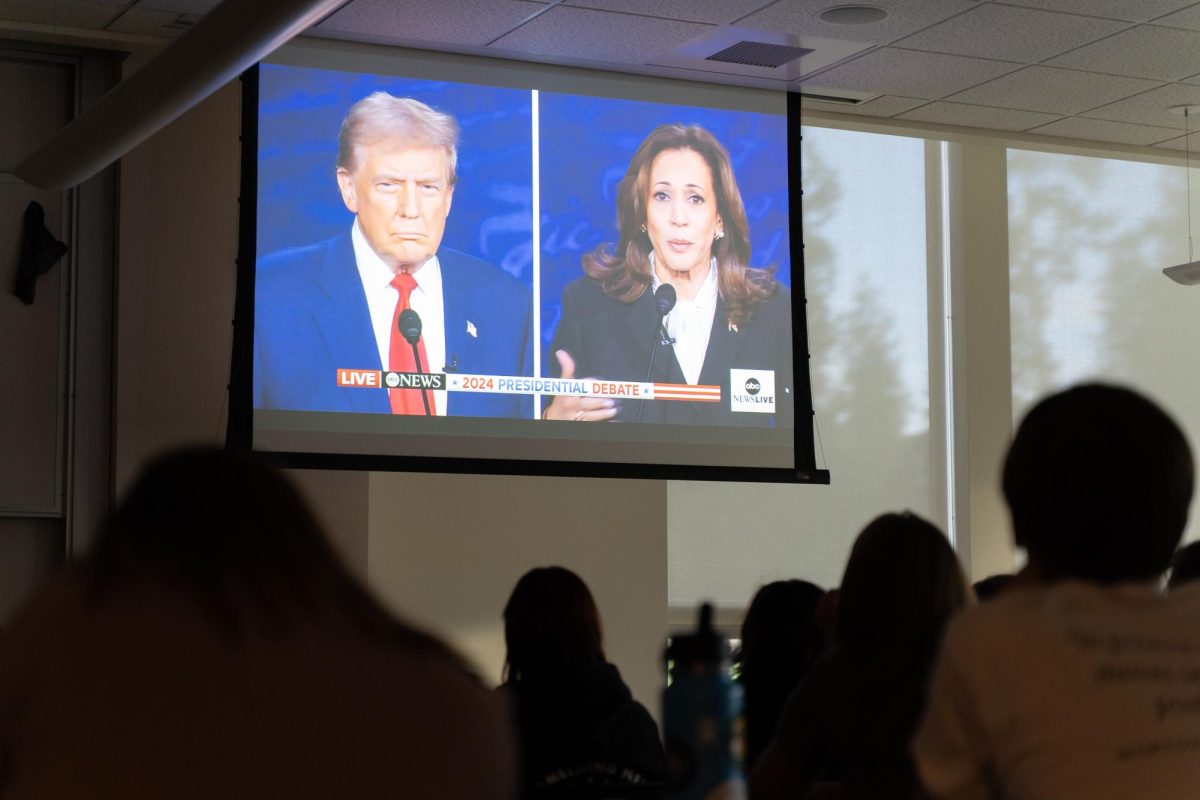
The pursuit of higher education often places students into unfamiliar territories, distant from the possible embrace they consider to be home. For international students, this academic journey can become markedly more challenging when their homeland grapples with unforeseen crises.
Bar Rozenhaimer, a first-year student at Whitworth University, shared his experiences and reflections on dealing with a crisis in his home country. As a student immersed in the realms of history and philosophy, Rozenhaimer actively contributes his musical talent to the wind symphony and the orchestra at Whitworth. “Coming here, I didn’t know what to expect,” said Rozenhaimer. Reflecting on the incident growing in his homeland while being in Whitworth, Rozenhaimer conveyed a sense of initial detachment, having resided in the United States for most of his life, but the sense of urgency and confusion is still high in the air. “I was always told growing up that your professors don’t want to know you, they’re just there to teach and then they are gone,” said Rozenhaimer.
The gravity of the situation back at home had not caught up with Rozenhaimer until he had a meaningful conversation with a friend, injecting a tangible reality into the crisis. Despite the geographical chasm, Rozenhaimer found solace within the robust support system at Whitworth. Professors wasted no time in reaching out and finding ways to help, extending their concerns and offering a compassionate listening ear to whoever might be in need. “My professors reached out offering their office hours, […] and they often reach out to me,” said Rozenhaimer, reflecting on how much more open Whitworth has been compared to other institutions.
“The professors are there to help you. They want to help you. They can help you. I would say just reach out to them. You should not be scared to reach out to them. They want what is best for you. So, reach out to your professors,” said Rozenhaimer, offering a word of advice for students who may be going through something similar.
Nicholas McKinney, the associate dean of international education academic affairs at Whitworth, adds an administrative perspective, providing valuable insights into the university’s proactive approach to supporting international students during crises. McKinney had shed light on scenarios at the international student center located on Whitworth’s campus. Students have faced the need for an urgent return to their homelands due to family emergencies, be it the grave illness of a family member or the passing of a loved one.
“It’s an act of kindness to reach out and see how students are doing,” said McKinney, expressing the extremely valuable role of empathy during turbulent times and pointing out to others that kindness may go a long way in a community.
Navigating the logistical landscape of crisis response, “We’re constantly monitoring those sorts of world events,” said McKinney. With an extensive roster of over 100 international students, the university’s staff, including McKinney himself, aims to remain updated in the face of global developments and their progression. This involves cross-referencing the roster with the locations of origin of the students, allowing for a targeted and swift response when crises require aid assistance to those students who may be in need.
Additional insights into the narrative between students amplify the depth of Whitworth’s commitment to its international students. The university’s actions are a form of compassion and empathy, reflecting a genuine concern for the well-being of students confronting both academic and personal challenges at the same time. McKinney expanded on how Whitworth’s supportive faculty uses crisis management and can be considered the bedrock of a strong community.
Rozenhaimer’s experiences of being an international student during trying times while involved on Whitworth’s campus serves as a testament to the institution’s commitment to fostering a supportive environment. Rozenhaimer’s involvement in the wind symphony and the orchestra not only displays his musical talents but also shows the vibrant extracurricular life at Whitworth, making for a friendly educational experience. The university’s encouragement of such pursuits adds an extra layer of depth to the student experience,
Rozenhaimer observed thankfully the absence of violent protests on Whitworth’s campus, highlighting the institution’s commitment to providing a safe and stable environment for its diverse student body and how other students can help make a community safer and more accepting for everyone. This stands as a testament to the university’s dedication to maintaining an inclusive space where students from various backgrounds can focus on their academic pursuits without a lack of kindness or support.
McKinney’s insights shed light on the administrative efforts taken by Whitworth to ensure the well-being of its international students. The mention of scenarios where students urgently need to return home due to family emergencies emphasizes the university’s preparedness to handle a spectrum of challenges. The financial support provided in such critical situations is not just a gesture; it is a lifeline that ensures students can be with their families during times of need and that there are people who will help them get to that point.
“It’s an act of kindness to reach out and see how students are doing,” said McKinney. McKinney points out how this sentiment reverberates throughout the institution, creating a culture where the well-being of students is not just a priority but a shared responsibility among faculty and staff, and fellow students will be there to help one another.
In a rapidly changing world, this proactive approach allows the university to stay ahead of potential challenges and swiftly respond to the needs of its diverse student body. The cross-referencing of the roster with students’ locations of origin demonstrates the attention to detail, ensuring a targeted and effective support system for as many students as possible.
For students seeking assistance, McKinney’s accessibility through his email, nmckinney@whitworth.edu, is a valuable place to start. The international student center acknowledges that each student’s situation is unique and may require an individualized response, encouraging those who may need it to reach out.
The stories of Rozenhaimer and the insights shared by McKinney paint a comprehensive picture of Whitworth’s ethos. The institution’s commitment to providing not just an education but a supportive community is evident in both individual experiences and administrative measures. As the world continues to grapple with uncertainties, Whitworth stands as a beacon, exemplifying the resilience and adaptability of their students and community required in today’s global academic landscape.

